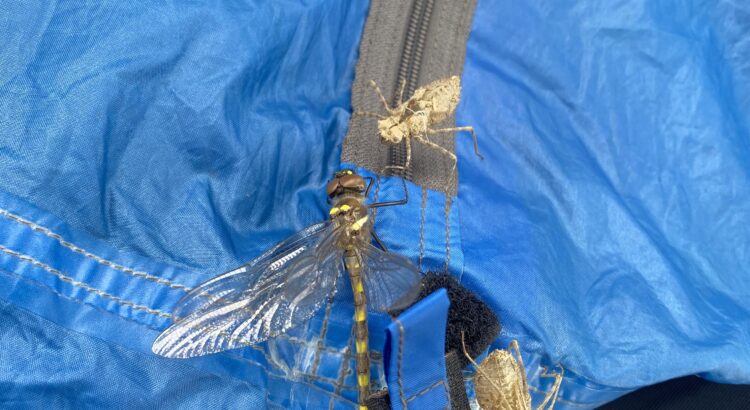Olivia Gottlieb, SCA Interpretive Ranger
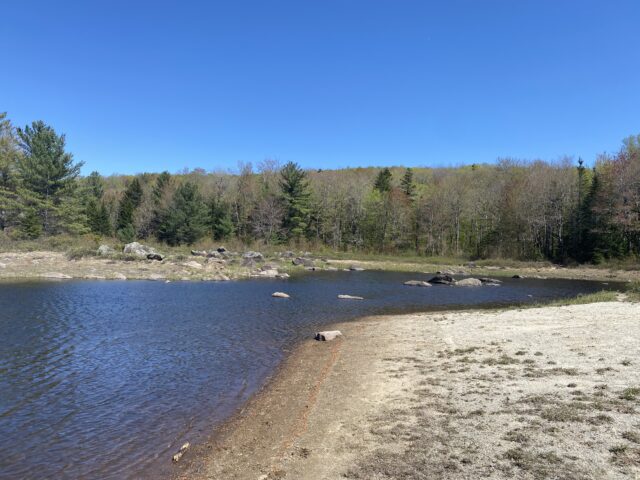
New Hampshire is home to many different types of insects, and New Hampshire State Parks serve as wonderful environments to find them. What you may not realize is that the ponds, rivers, and lakes are great places to find insects that are either solely water dwelling or live out their larval stage in the water. Insects, just like frogs, go through metamorphosis- insects start out as eggs, then go to a larval stage. This stage can last months or for some species, up to years before becoming the adult forms we most commonly see.
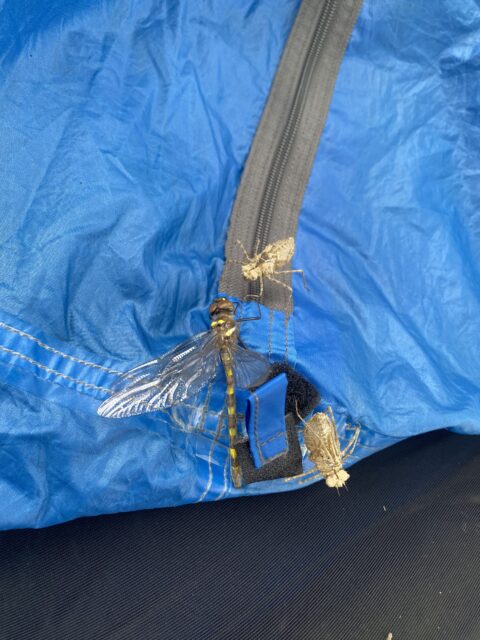
Dragonflies and damselflies are found all across the state. Dragonflies differ from damselflies in that they have four wings that splay out. Dragonflies are also larger in size and tend to be fly more often than “perching”, which is common among damselflies as they do not fly long distances but instead in increments. Both species start out their lives in the water, and they are predators in both their larval and adult stage. They are known as opportunist predators which means that they will eat anything they can find. This can include other insects, and even tadpoles. Their larval stage can last up to a month to up five years, they then may only live a few months as adults. When they first emerge as adults, they are called tenerals, and they don’t get their true coloring until a few days or weeks later.
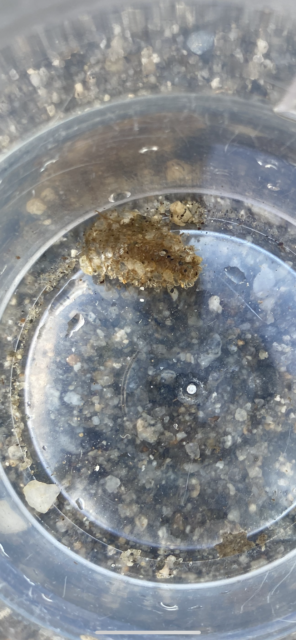
Did you know that these insects can tell us if the bodies of water they live in are healthy? There are three different types of insects that scientist use to indicate water quality. These insects are Mayflies (Ephemeroptera), Stoneflies (Plecoptera), and Caddisflies (Trichoptera). Collectively, these three species are referred to as EPT. Scientists will look for these insects and will do an EPT test. If they are able to find one or all three species, then it indicates that the water quality is good. When looking for good water quality scientists look for three main things – turbidity (the clarity of water), PH (the acidity content of water), and the temperature. Mayflies are some of the most sensitive species to changes in water quality, and with all the rain we have had this summer, the turbidity of the water and can have an effect on mayflies. Mayflies live most of their lives out in their larval stage and may live as short as 24 hours in their adult stage. They typically do not have mouths and will not eat while adults. Stoneflies are very sensitive to water pollution, and they also need water that has a high oxygen content.
Have you ever seen a caddisfly? Caddisflies get their name coming from the “caddis men”. They were peddlers who wore coats that had many pockets. Caddisflies will build cases around themselves, made of sticks, leaves, and stones. This allows them to have constant protection.
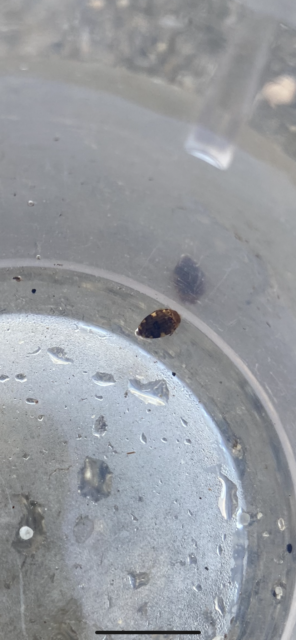
There are a few insects that do not leave the water as adults but instead live their whole lives in the water. Predacious diving beetles are one of these insects that lives their whole lives in the water. They will trap an air bubble between the back of their wings, allowing them to have an air supply under the water. Similar to dragonflies, diving beetles are opportunist predators, and will get their meals from other insects to tadpoles. Another mostly water-bound insect is the Backswimmer. They actually swim on their backs, and they have their large back legs that help propel them through the water. They although are primary aquatic they do have the ability to fly.
Now that you know about some of the many species that live in our rivers, ponds, and lakes, next time you go sit by the water you might see insects swimming around or walking around below the surface. We encourage you to explore, but please be respectful of these insects and their environments. To get a closer look, gather some of the water from the area that you are exploring, and then using small nets or kitchen sieves, try to gently scoop them up. Make sure you put these insects into the water that you gathered right away! If you do find insects, make sure you separate them into different containers if they are predaceous, like the diving beetle, dragonflies, or damselflies. Good luck in exploring the wonderful underwater world of our state parks!

